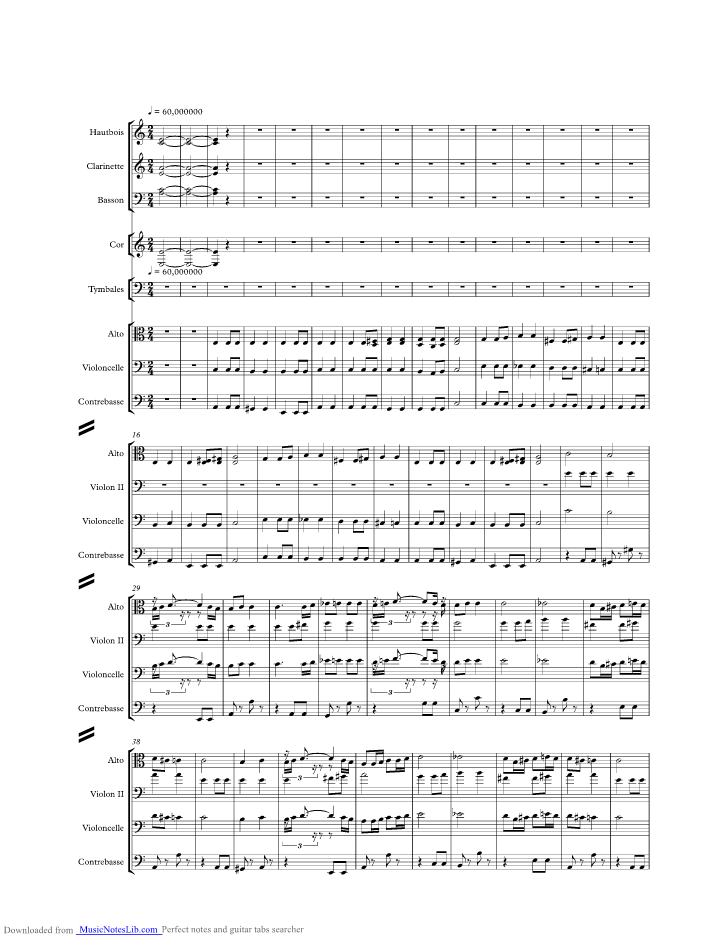

The audience was particularly overwhelmed by the second movement, with its rhythms suggestive of a funeral march. Critics asked whether he was also slipping into madness "The outbreaks of jubilation during the A major symphony exceeded anything I had ever seen in a concert hall before," Schindler said.īy 1813, Beethoven was almost deaf. If witnesses such as Beethoven's personal secretary Anton Schindler are to be believed, there were standing ovations before the performance had even finished.

The audience interpreted the work as a musical representation of the recent victory over Napoleon and saw it as mirroring their pleasure at having regained freedom and peace. With the overwhelming power and exuberance of the symphony, Beethoven managed to tap into the zeitgeist of the time. However, the response from the public was quite different. The whole work is a quodlibet of tragic, comic, serious and trivial ideas whose unnecessary bursts of noise which almost explode the listener's eardrums and send him into the abyss of barbarism." One critic from even questioned Beethoven's sanity, writing, "What has happened to this once great man recently? His latest symphony bears testament to the fact that he has fallen into some kind of madness. The rhythmic ferocity used in the first and last movements proved too taxing for even the most expert of writers. Even the orchestra was filled with prominent musicians such as Antonio Salieri, Louis Spohr and Giacomo Meyerbeer.Īnniversary re-enactment of the Battle of LeipzigĪs with the premiere of any new Beethoven symphony, contemporary critics responded first with confusion. With proceeds from the ticket sales set to be donated to the wounded soldiers who fought in the Battle of Leipzig, it's no wonder the biggest names in the city stormed the box office. The Viennese were out to celebrate the freedom of Europe from Napoleon’s tyranny with a large-scale gala concert in which Beethoven's 7th Symphony was included on the program. Even in Vienna, it was clear that the despot's days were numbered.Īfter years of French occupation, the mood in the Austrian capital was jubilant. Just two months earlier, on October 19, 1813, the allied troops of Russia, Austria, Prussia and Sweden had scored a major victory over the French army led by Napoleon Bonaparte and forced it into retreat at the Battle of Leipzig. With its sweeping melodies and dominating rhythms, it was the talk of the town in 19th century Vienna. Wednesday, December 8, 1813: in the sumptuous "Redoutensaal" ballroom of Vienna's Hofburg Palace, Ludwig van Beethoven celebrated one of the greatest artistic triumphs of his career - the premiere of his Symphony No.


 0 kommentar(er)
0 kommentar(er)
